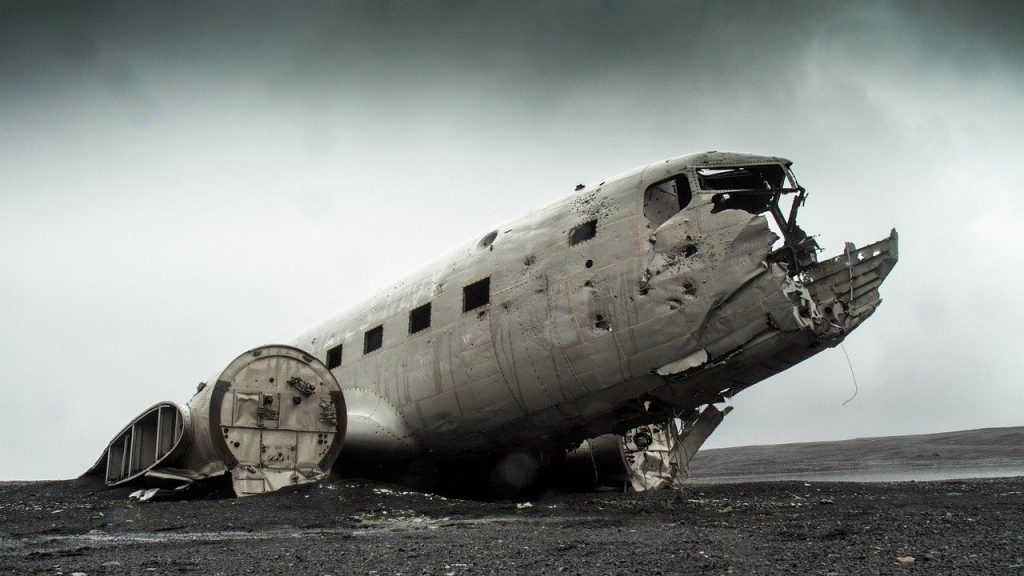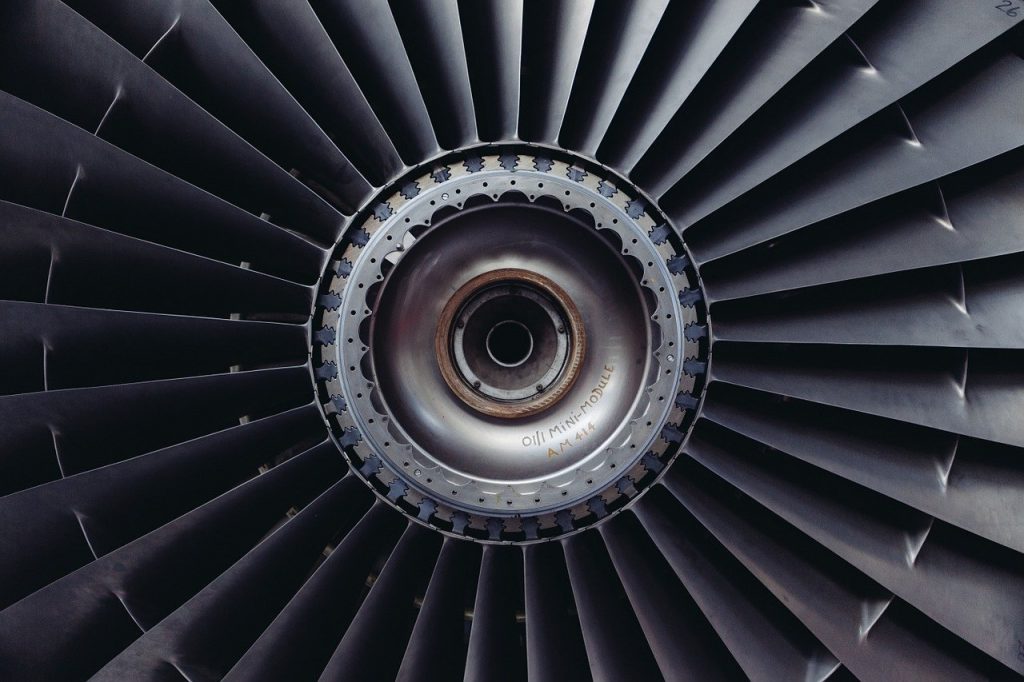Let’s Not All Start Flying Again
Long, long ago in the times BC (Before Covid), when 2020 was the start of a new decade rather than the dawn of the fire-flood-locusts-plague-unrest end times, I started thinking both about finding a purpose and decarbonising my life.
Naturally, flying came up. When you write about travel, you see, you don’t just tend to fly a lot. You tend to encourage others to take flights. Often, many, many flights. And the performative greenness of composting, shunning air-conditioning, reducing meat consumption, school striking etc pales into comparison if your work involves writing copy and articles that sell travel by plane.
You probably know the maths. We all do. One return flight, even a short-haul flight, generates more carbon dioxide than the average citizen of some countries produces in a year. And, in England at least, 1% of fliers take almost 20% of international flights, while the top 10% of fliers take more than half of all flights.
The more I thought about it, the more the role of “writing about travel” fell into the category of something I’d rather not explain to any future grandchildren as they confronted a climate-ravaged wasteland besieged by refugees from the uninhabitable tropics. Organised tours with day trips by plane – often when perfectly good trains are available? Weekends away with a flight at either end? Stories for inflights, constructed with the specific goal of selling yet more flights? All this with almost every nation in the world set to miss its (already inadequate) 2030 climate goals?
Travel writing seemed almost as hard to justify as writing for the fossil fuel industries (something I have also done). I concluded that I’d give up short-haul flying and work towards a lifestyle that excluded long-haul, give up copywriting for egregiously flight-heavy travel, start to gradually move towards doing more environmental writing, and start to talk about this particular elephant in the room on this blog….

Then Covid happened. International borders shut down and airports became dead zones. The skies magically cleared. Nobody was going anywhere (or hiring anyone to write copy or journalism!), so smug blog posts on the joys of train travel within Europe felt as redundant as booking a cruise aboard a plague ship.
But slowly, flights are starting up again. Even as we face down a climate crisis that could lead to as much as 8° C (12.5º F) warming and will most likely lead to almost half of that, according to David Wallace-Wells’ excellent The Uninhabitable Earth, airlines are pleading for, and often receiving, government bailouts.
It’s difficult to emphasise how utterly batshit this is. Aviation was a rapidly growing sector, both in terms of passenger numbers and in terms of emissions. Currently, insane subsidies mean that it’s often, in the developed West, cheaper to travel by plane than by train. In any sensible world, trains would be subsidised and flying heavily taxed (perhaps, as the Greens suggest, with a tiered levy that hits frequent flyers hard and leaves the annual holiday or trip of a lifetime largely untaxed). Social distancing, which seems set to be the new normal for some time at least, is easier and more climate-friendly on trains than on planes.
Now is the perfect time to let the aviation sector go the way it needs to go in climate terms – and not just by refusing government bailouts to tax exile billionaires. If there’s one thing working from home should have taught us, it’s that a lot of business travel is a waste of time and carbon. Flying is even less pleasant than it was, with bare bones and often socially distanced service followed, in many countries, by compulsory two-week quarantine, with or without Covid testing.
I can’t, yet, entirely give up flying: Like lots of people around the world I have family in one country and a home in another (Covid depending, of course). But I’m working towards it and I am flying less. Because if you’re campaigning on the streets for climate action but taking 20 flights a year, you are part of the problem, not part of the solution.

A lot of us talk, now, about a green recovery from Covid, and a Green New Deal. People who can afford to fly already use much, much more than their share of the planet’s resources – even more so in the developed west. Few of us are comfortable engaging with the behaviour changes we’ll need to make, whether that’s wearing layers in winter and switching off AC in summer, reducing meat consumption, mending clothes, cutting out flying, reducing our internet use, buying less, or accepting slower delivery times. (And, no, reducing plastic use doesn’t count: it’s great for the oceans but in many cases “sustainable” alternatives use more energy and resources than a single-use plastic bag.)
Flying will likely need to revert to where it was in the 1980s, when most of the rich world flew once a year for their summer hols, if that, and the majority of the world’s population never flew at all. There will need to be heavy investment in trains and ferries (including making ferries greener), at national and transnational levels. And, just as across other industries rendered obsolete, this will entail job losses, business failures, pivoting, adjusting and retraining.
Even without trying to rectify global climate injustice, this isn’t going to be easy. It seems unlikely that an increasingly fragmented, nationalist world will manage the necessary concerted action. And feedback loops will make matters worse. Last time Zach visited Australia, his inter-city trains were cancelled because bushfires had warped the rails, and the self-same bushfires made the roads too dangerous for rail replacement services to run. No prizes for guessing what caused the bushfires, and his short-haul flight will only have made things worse.
But there are things all of us can do. Plan our travel in long blocks, rather than as weekends, and make shorter trips by land or ocean transport only; pay the extra to travel by train (or book well in advance while tickets are still cheap); go overland wherever feasible; and query whether that face-to-face work meeting is really necessary or can be done by Zoom. Because if we’re going to exit Covid in the right direction — rather than ramping up fossil fuel use in the face of climate doom — we can’t go back to the way we were. We need to travel, and to live, a very different way.

Really thoughtful and interesting.
I agree.. I actually had a trip to Naples – FL but can’t leave my country now 🤣 which is ridden w covid19 due to incompetent president and stupid ppl that don’t seem to b able to see how bad things are 🙄 so, thxs, 2020.
While u’ve been quite a cruel year for us all, u’ve also been amazing to Mother Nature, since wildlife can flourish again and skies and waters are cleaner.. I wonder how will our AC (After Covid) travels be like 🤔
Greetings from Brasil,
A fellow (home-struck) traveler
Well done, Theodora. I applaud and admire your increasing focus on climate change (and the impact of air travel). I look forward to reading your environmental stories. Best of luck with this important transition.
Why don’t we all just go back to living in caves and do our best to forget that some inconsiderate fool invented the wheel? Who do you think was burning the fossil fuels that melted the ice age? Believe what you like but if you must preach, please, tell us what you know instead of what you choose to believe.. “fossil fuel use in the face of climate doom” is pure fantasy fiction and serves only to highlight what you don’t know.
Oh dear. Can I suggest you read a book or two?
interesting and amazing post. Thanks for sharing such type of post and i am agree with you to make travel in long blocks.